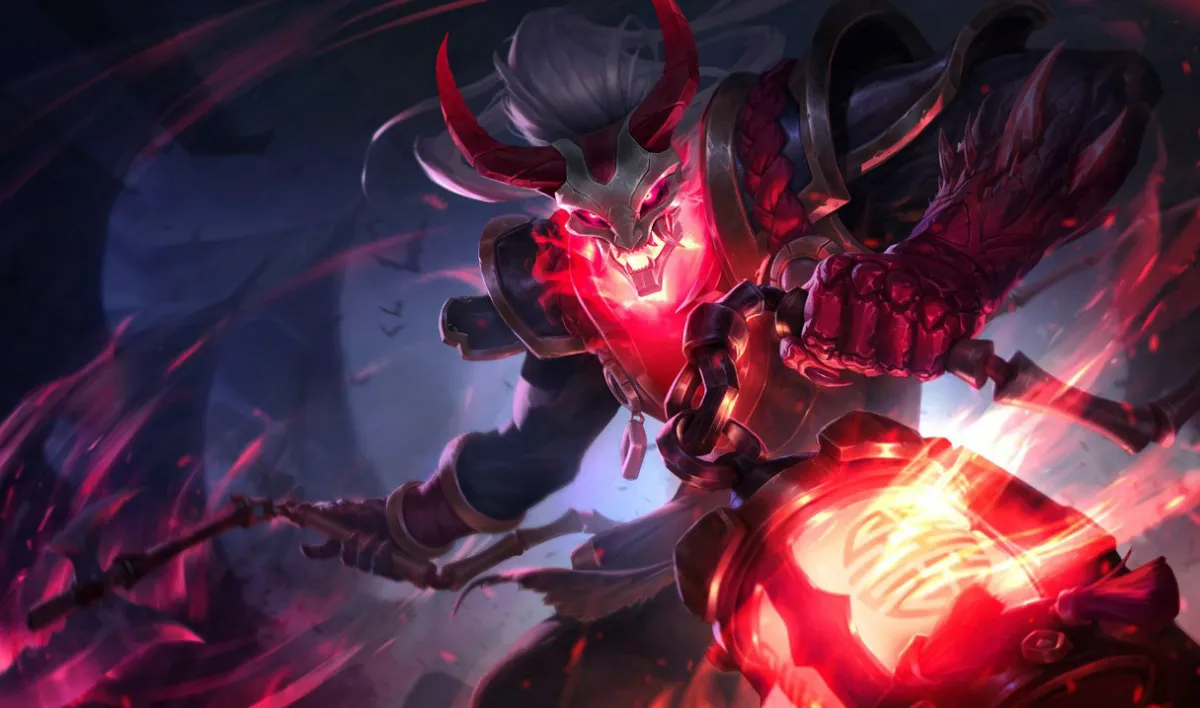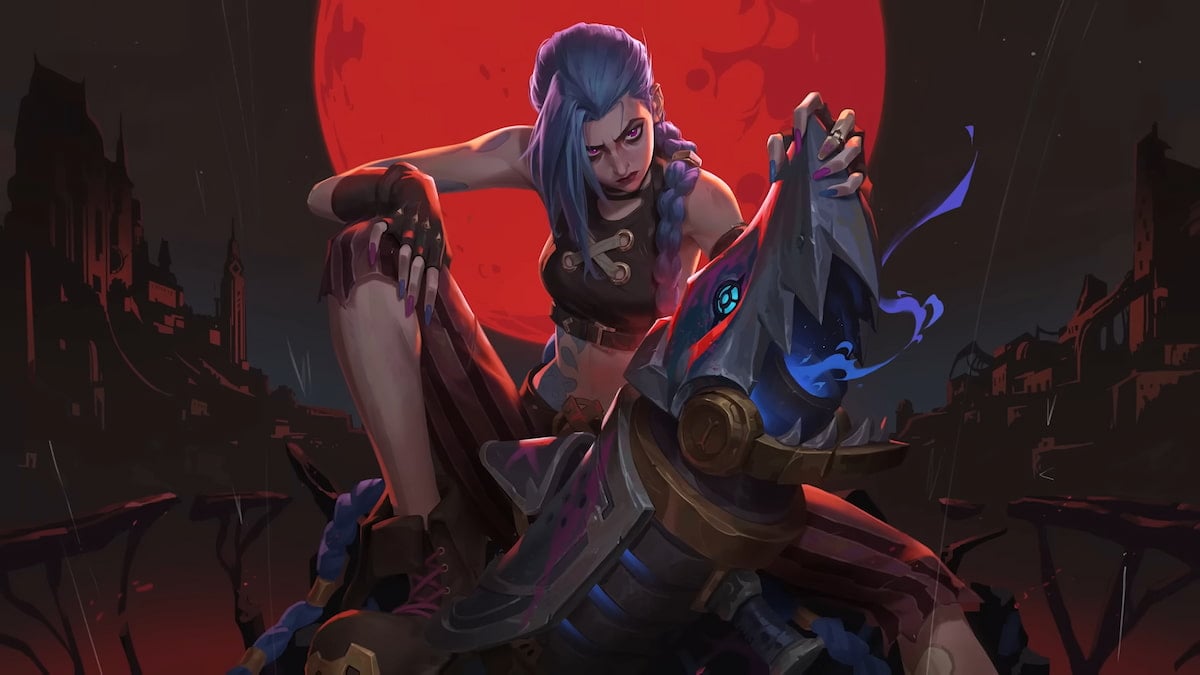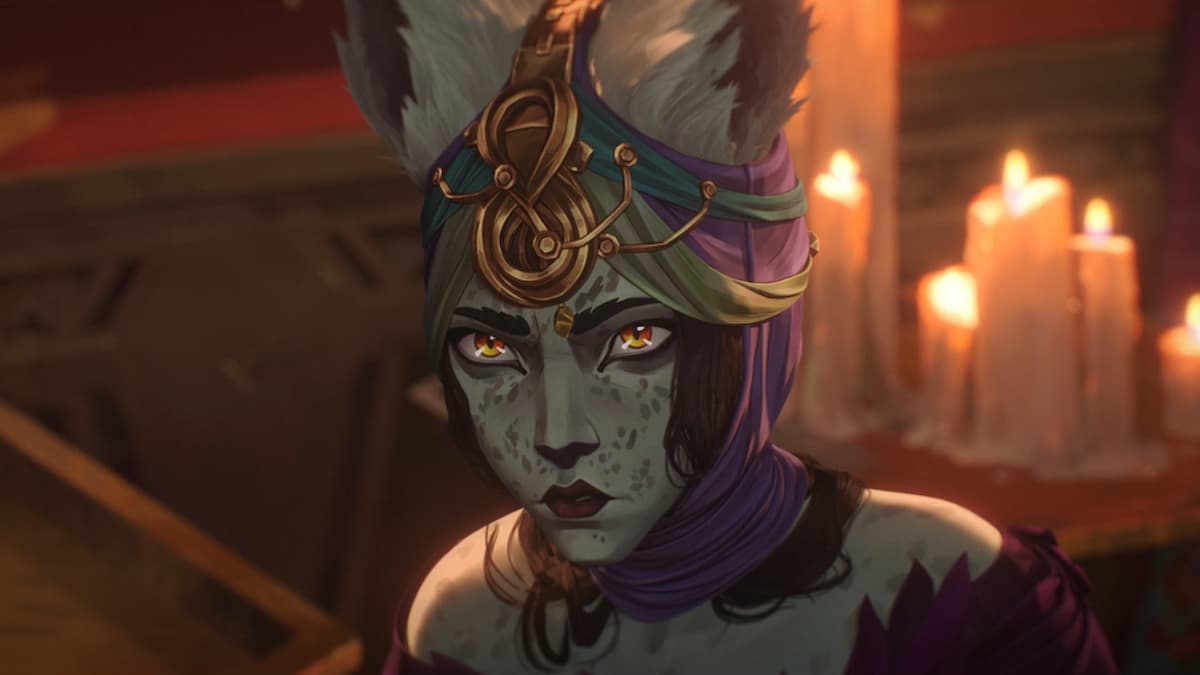League of Legends has a ton of systems in its back-end code that prevent players from abusing the ranked ladder. One of those systems is ensuring that your hidden rank (your MMR or Elo) is different from the rank that’s displayed to the world.
In a post on the official League subreddit yesterday, a League player explained how they (an Emerald player) and their teammate (a Gold player) tried to queue up together in a party after “smashing” the first game they played together as random teammates but weren’t able to because their ranks were too far apart.
This raises the age-old question: How is it that two LoL players with strong discrepancies in rank are able to find each other randomly in a ranked game but can’t queue up together once they enter a party?
The answer, as it always has, lies in your MMR—a hidden rank that’s designed to put you into the most equally balanced games that the game can possibly find.
Have you ever noticed how sometimes after a string of wins, you’re getting a ton of LP and you’re climbing through the ranks at a ridiculous speed? That’s because your MMR is high relative to your actual rank, and the game expects you to play at a higher level than what’s shown on your profile. In the case of these two players in the Reddit post, it’s likely that the Gold player was a higher rank once upon a time, and the game placed them into a game with the Emerald player because it knows what they’re capable of. Still, they can’t duo together because the system in place prevents players from abusing their high MMR to stomp on players at a supposedly lower rank. Their meet-up in a random game was pure chance, and if they wanted to play together again, they’d have to do it through random chance again.
One player in the comments named Maggi_McSWAG recalled a time when they and their unranked friend were trying to queue up for a game together but couldn’t. They instead queued up in separate parties and ended up on the same team anyway.
This loophole has existed in the game forever, but some players are still wondering whether or not the MMR restrictions that are secretly imposed on ranks should even be in the game to begin with.
“My friends and I used to play a bunch in the early days of League and we [were] okay Gold players,” a player named JapanesePeso said in the comments. “We don’t have time to play often. We are all Bronzies but still getting matched against Gold players constantly who just destroy us (even when we queue solo). It’s incredibly unfun and we play even less because of it.”
For many players, the only solution to get their MMR up is to start winning games, even when they’re not supposed to win them on paper. It’s highly unlikely that Riot makes any sweeping changes to the way your hidden MMR works in the near future, either, so you’re going to have to tough it out and either find a friend with a smurf account or start grinding some solo queue games if you really want to make a change to your MMR.






Published: Sep 20, 2023 04:36 pm